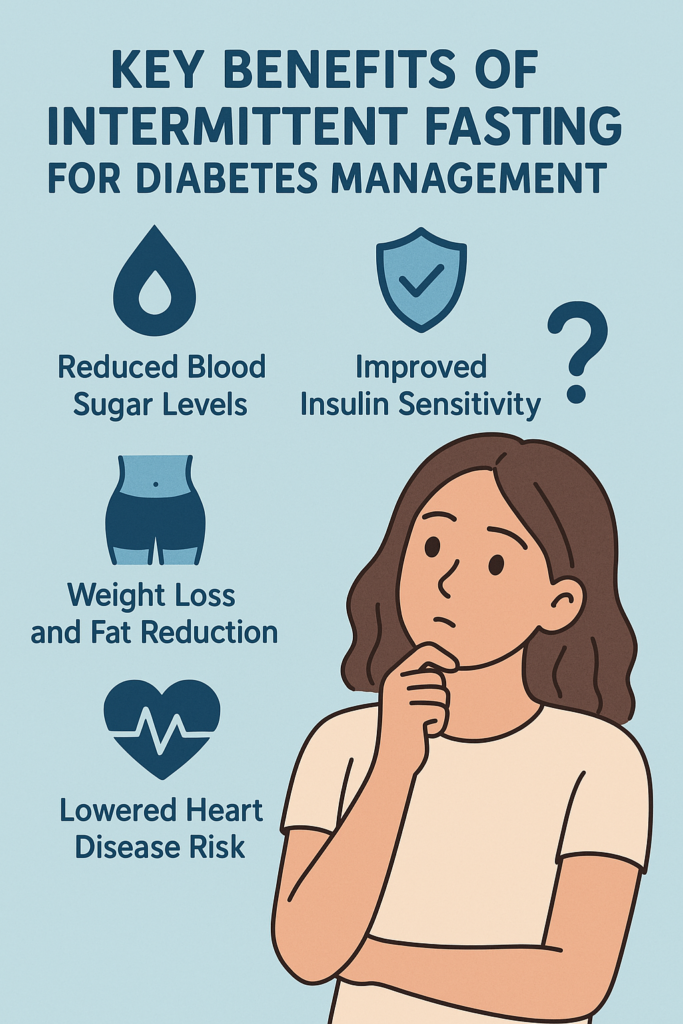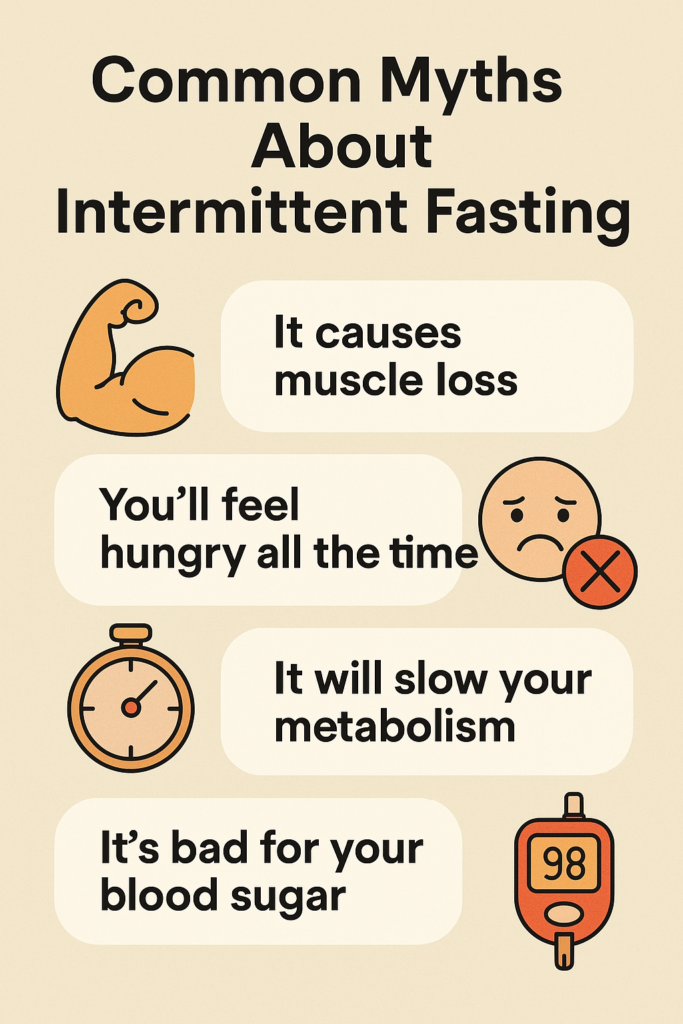Intermittent fasting is gaining popularity as a promising approach to health, particularly in managing and potentially reversing diabetes. This article delves into the science behind intermittent fasting, its practical applications for diabetes control, and how anyone can implement these strategies effectively.
What is intermittent fasting?
Intermittent fasting (IF) is a dietary pattern that alternates between periods of eating and fasting. Unlike typical diets that focus on what to eat, intermittent fasting emphasizes when to eat. The principle is straightforward: you consume all your meals within a specific time window and fast for the remaining hours of the day.
For instance, one common approach is the 16/8 method, where you eat during an 8-hour window, say from 1 PM to 9 PM, and fast for the remaining 16 hours. This method is not only simple but has been shown to have various health benefits, including potential diabetes management.
The Science Behind Intermittent Fasting
The body operates in one of two states: fasting or fed. When in a fed state, following a meal, insulin levels rise, as insulin is the hormone responsible for signaling cells to absorb glucose from the bloodstream. This is crucial for energy but can lead to insulin resistance when levels remain elevated due to frequent eating.
In contrast, during fasting periods, insulin levels drop, leading to improved insulin sensitivity. By reducing the frequency of meals and extending fasting periods, individuals can effectively lower their overall insulin levels, which is vital for diabetes reversal.
Key Benefits of Intermittent Fasting for Diabetes Management

- Lower Insulin Levels: Fasting helps stabilize insulin levels, thereby controlling blood sugar levels more effectively.
- Increased Metabolic Flexibility: Your body adapts to using fat stores for energy when in a fasted state, promoting weight loss and improved metabolic health.
- Simplicity and Flexibility: Intermittent fasting is straightforward to implement and can easily fit into busy lifestyles.
- Potential Anti-Cancer Properties: Research suggests that fasting can encourage autophagy, the process through which the body clears damaged cells, which may reduce cancer risk.
Common Myths About Intermittent Fasting
Despite the benefits, many myths surround intermittent fasting, particularly regarding energy levels and nutrient needs for diabetes patients.
- Myth 1: Energy Levels Will Decrease
Some believe that fasting leads to lethargy and decreased energy. Initially, there might be an adjustment period, especially for newcomers, but many report increased energy levels as their bodies become more efficient at fat metabolism. - Myth 2: Frequent Meals Are Necessary
It’s a common misconception that individuals with diabetes need to eat every few hours to stabilize blood sugar levels. Many modern approaches, including various medication options available today, allow diabetes management without frequent eating.

How to Implement Intermittent Fasting
1. Start Simple
Begin with the 16/8 method, where you have an eating window of 8 hours. This might look like having your first meal at 1 PM and your last food intake by 9 PM. During fasting hours, you can consume non-caloric beverages such as water, black coffee, or herbal tea.
2. Gradual Approach
If jumping directly into a fasting routine seems daunting, consider skipping breakfast and extending your overnight fast. This can be an easier transition into a more structured intermittent fasting plan.
3. Consider Alternatives
Explore other intermittent fasting versions, such as the 5:2 method, where five days are followed by two non-consecutive fasting days (where calorie intake is limited).
Who Should Consult a Professional?
It’s advisable for individuals managing diabetes, particularly those on insulin or certain medications like sulfonylureas, to consult healthcare professionals before implementing fasting. A professional can help tailor a fasting approach, considering potential medication adjustments necessary for safe practice.
Conclusion
Intermittent fasting presents a compelling strategy for reversing diabetes while offering additional health benefits. It simplifies meal planning and promotes metabolic health, ultimately leading to better blood sugar control. However, for those considering this approach, particularly those on medication, consulting with a healthcare professional is pivotal to ensure a safe and effective transition.
Are you ready to take the first step toward healthier eating habits? Start by exploring intermittent fasting today
Check Out Our Video on Intermittent Fasting To Know More In Detail
Explore More Relevant Blogs
Want to learn more about how food, habits, and health affect your sugar levels? Check out these helpful blogs:
- Reversing PCOS: A Comprehensive Guide to Managing Polycystic Ovary Syndrome
- IS INTERMITTENT FASTING THE SECRET WEAPON FOR DIABETES REVERSAL
- IS STRESS DEFEATING YOUR DIABETES TREATMENT? HERE’S THE FIX!
- Sugar Addiction in Children
- Why Checking Only Fasting Blood Sugar is Not Enough for Diabetes Management
Each blog is written in easy words and gives simple tips for better sugar control.
Contact Us to Know More
Let our experts help you with simple, science-backed solutions to manage your sugar levels.
👉 Visit us: www.redialclinic.com
📞 Call us: +91-8595426983
📱 Follow us: Instagram | Facebook | YouTube — @redialclinic
We’re here to guide you towards a healthier, happier life — one step at a time.


